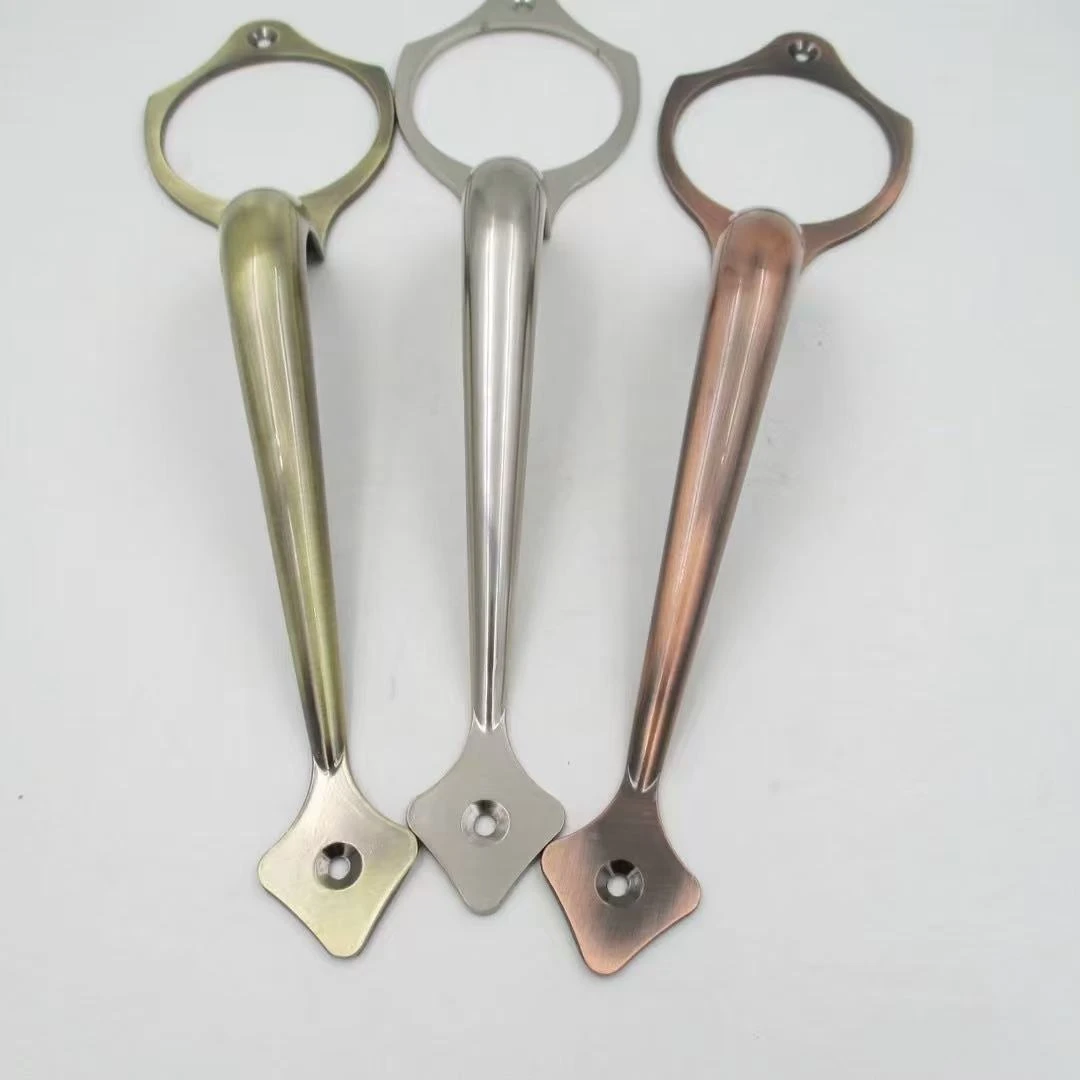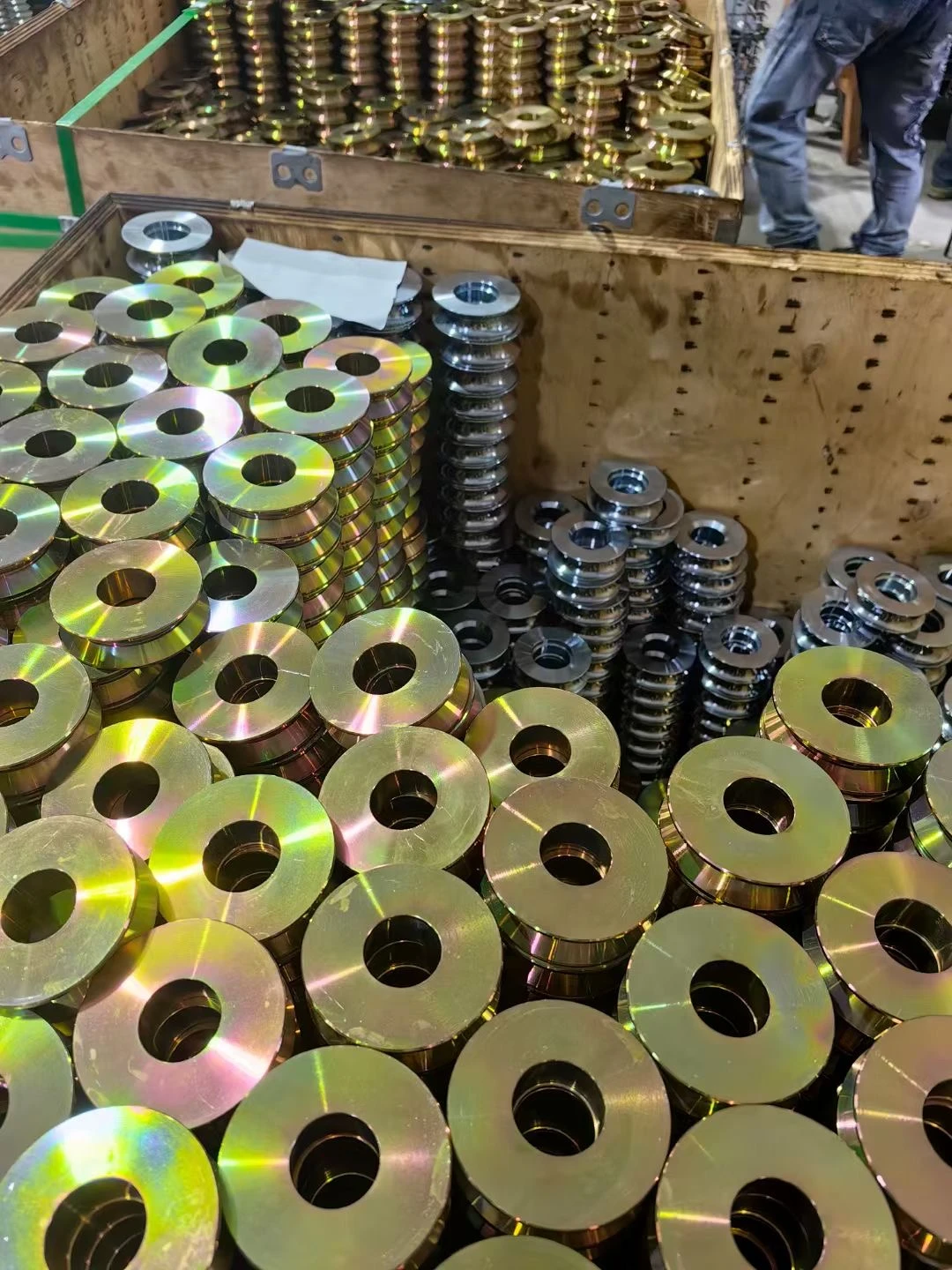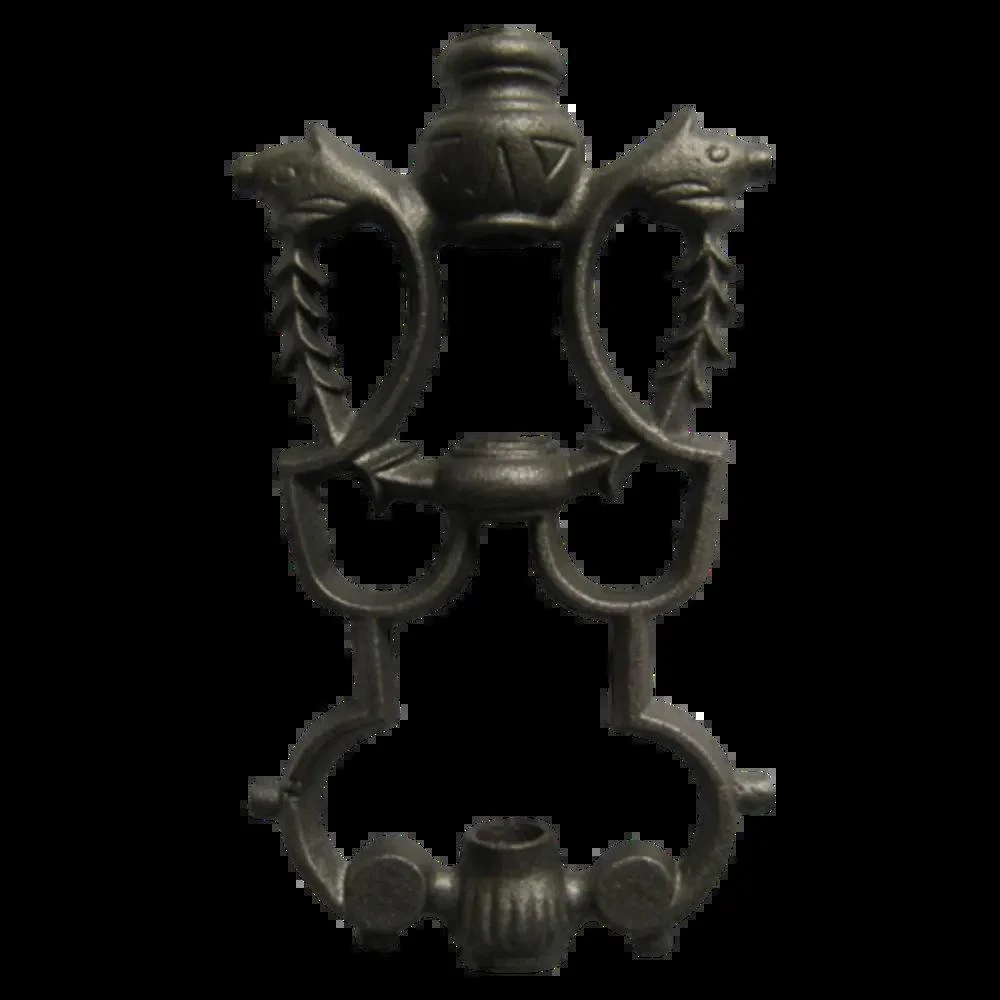types of sliding door rollers
Types of Sliding Door Rollers
Sliding doors are a popular choice for both residential and commercial settings, providing a seamless transition between indoor and outdoor spaces. While the aesthetic presence of a sliding door can elevate a room's design, the performance and longevity of that door largely depend on the type of rollers it uses. Rollers are crucial components that enable smooth operation, ensuring the door slides effortlessly along its track. This article explores the various types of sliding door rollers, their functions, and their applications.
1. Traditional Metal Rollers
Traditional metal rollers are the most common type found in older sliding doors. Typically made from steel or aluminum, these rollers are attached to the door and enable it to glide along a metal track. Metal rollers are known for their durability and strength but can be prone to rust if not properly maintained. This type is ideal for heavy wooden doors or larger glass panels due to its robust construction.
2. plastic Rollers
Plastic rollers are an alternative to traditional metal ones. They are lightweight and often more affordable, making them a popular choice for interior sliding doors. However, they may not offer the same load-bearing capacity as metal rollers. Plastic rollers have the advantage of being resistant to corrosion, which makes them suitable for moisture-prone areas such as bathrooms or laundry rooms.
3. Ball Bearing Rollers
For enhanced performance, many modern sliding doors utilize ball bearing rollers. These rollers consist of a wheel surrounded by multiple ball bearings, which reduce friction as the door opens and closes. This design provides a smoother and quieter operation compared to traditional metal rollers. Ball bearing rollers are particularly beneficial for heavy doors, as they can support greater weight without compromising performance. They are often used in patios and large glass doors that require effortless movement.
types of sliding door rollers

Adjustability is a significant feature of some sliding door rollers. Adjustable rollers allow homeowners to modify the height of the door, ensuring it sits flush against the frame and preventing gaps where air, dust, or insects may enter. This is especially useful in cases where the floor surface may be uneven. Adjustable rollers can be found in both metal and plastic varieties, offering a customizable solution for various door types.
5. Self-Closing Rollers
Self-closing rollers are designed with a mechanism that allows the door to close automatically after being opened. This feature enhances security and reduces the risk of accidental entrapment. These rollers are commonly used in commercial settings, such as in restaurants and retail stores, where keeping the door closed is essential for maintaining climate control and reducing energy costs. Self-closing rollers can come in various styles, including both heavy-duty and lightweight options.
6. Heavy-Duty Rollers
For larger or heavier sliding doors, heavy-duty rollers are available. These rollers are constructed with reinforced materials to withstand the added weight and stress. Typically made from high-grade metals or robust plastics, heavy-duty rollers are ideal for industrial applications and large residential doors such as barn doors or oversized glass sliders. The durability of heavy-duty rollers ensures long-term performance even in high-traffic areas.
7. Integrated Rollers
Some modern sliding door designs incorporate integrated rollers within the door frame itself. This means that the roller system is built into the door, creating a sleek and minimalist appearance. Integrated rollers are often found in contemporary designs, where aesthetics is as vital as functionality. They provide a smooth, clean look while still ensuring the door operates efficiently.
Conclusion
Choosing the right type of sliding door roller is crucial for both functionality and aesthetics. Each roller type has its own unique characteristics that suit different door styles, weights, and environments. Traditional metal rollers provide strength for larger doors, while plastic rollers offer a lightweight solution for interior use. Ball bearing rollers enhance smoothness and efficiency, while adjustable rollers allow for customizable height settings. Self-closing and heavy-duty options cater to specific needs in commercial and industrial settings. By understanding the various types of sliding door rollers available, homeowners and builders can make informed decisions that enhance both usability and visual appeal in their spaces.
-
Window Lock Handle for Security UpgradesNewsJun.20,2025
-
Proper Lubrication Techniques for Sliding Gate WheelsNewsJun.20,2025
-
Ornamental Iron Castings for Interior DesignNewsJun.20,2025
-
Creative Ways to Decorate Around a Cast Iron FireplaceNewsJun.20,2025
-
Cast Iron Pipe and Fitting for Plumbing SystemsNewsJun.20,2025
-
Cast Iron Panel Casting for Architectural ElementsNewsJun.20,2025















